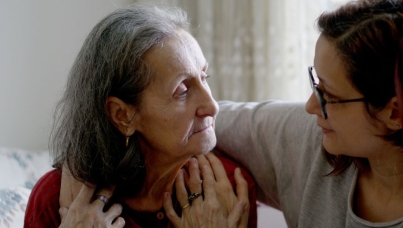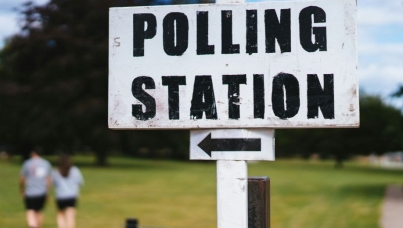Most People Expect More Than NHS Can Ever Deliver
Public expectations of the NHS are running ahead of what the health service can deliver, according to new research published today by the Institute for Public Policy Research (ippr) ahead of the release of monthly NHS waiting time figures on Friday.
An Ipsos survey, commissioned by ippr, shows that one in three people believe the NHS should provide "all drugs and treatments, no matter what the cost", while a further four out of ten believe the NHS should provide the "most effective treatment, no matter what the cost". Just over one in four believe the NHS should provide the "most effective and value for money treatment."
The survey also shows that expectations of working class people are just as high as the middle classes. There is very little difference between social classes in terms of how quickly they want to see their GP or a how long they are prepared to wait in Accident and Emergency. However, the most affluent middle classes are most likely to recognise that NHS treatments should represent value for money, while people on low incomes are the least likely to recognise any limits to spending.
ippr commissioned Ipsos to ask: Which one of the following statements most closely matches your view?
- The NHS should provide all drugs and treatments, no matter how much they cost. (31% agreed)
- The NHS should provide only the most effective drugs and treatments no matter how much they cost (40% agreed)
- The NHS should provide the most effective drugs and treatments provided they represent good value for money (28% agreed)
- Don't know (1%)
ippr also commissioned Ipsos to ask people what they thought a reasonable wait was for:
- A GP's appointment, if they had a bad chest infection: 65% of people expect to be seen in one day or less. The average answer was 1.74 days, the Government's target is 48 hours. PCTs report that almost all patients can now see a GP within 48 hours. However, patient surveys show that 80-90% of patients see a doctor within two days.
- To be seen in A&E, if they thought they had a broken wrist: 66% of people expect to be seen in two hours or less. The average answer was just over 2 and a half hours, the Government's average target is 4 hours and 19 out of 20 patients are seen within 4 hours.
- An outpatient appointment for a non serious back problem: 45% of people expect to be seen in two weeks or less. The average answer was just under five weeks (34 days). The current average wait is just over 6 weeks and the Government target is that no one will wait more than 13 weeks.
Further detail from the survey data, including breakdowns by region, social class, gender, age and ethnicity is available from Ipsos or ippr on request.
Technical Note:
Ipsos interviewed a nationally representative sample of 1,003 people (aged 15+), throughout Great Britain. Interviewing took place during 11-13 August 2006. All interviews were conducted over the telephone, using CATI (Computer Assisted Telephone Interviewing). Final data are weighted to the known profile of the population.



